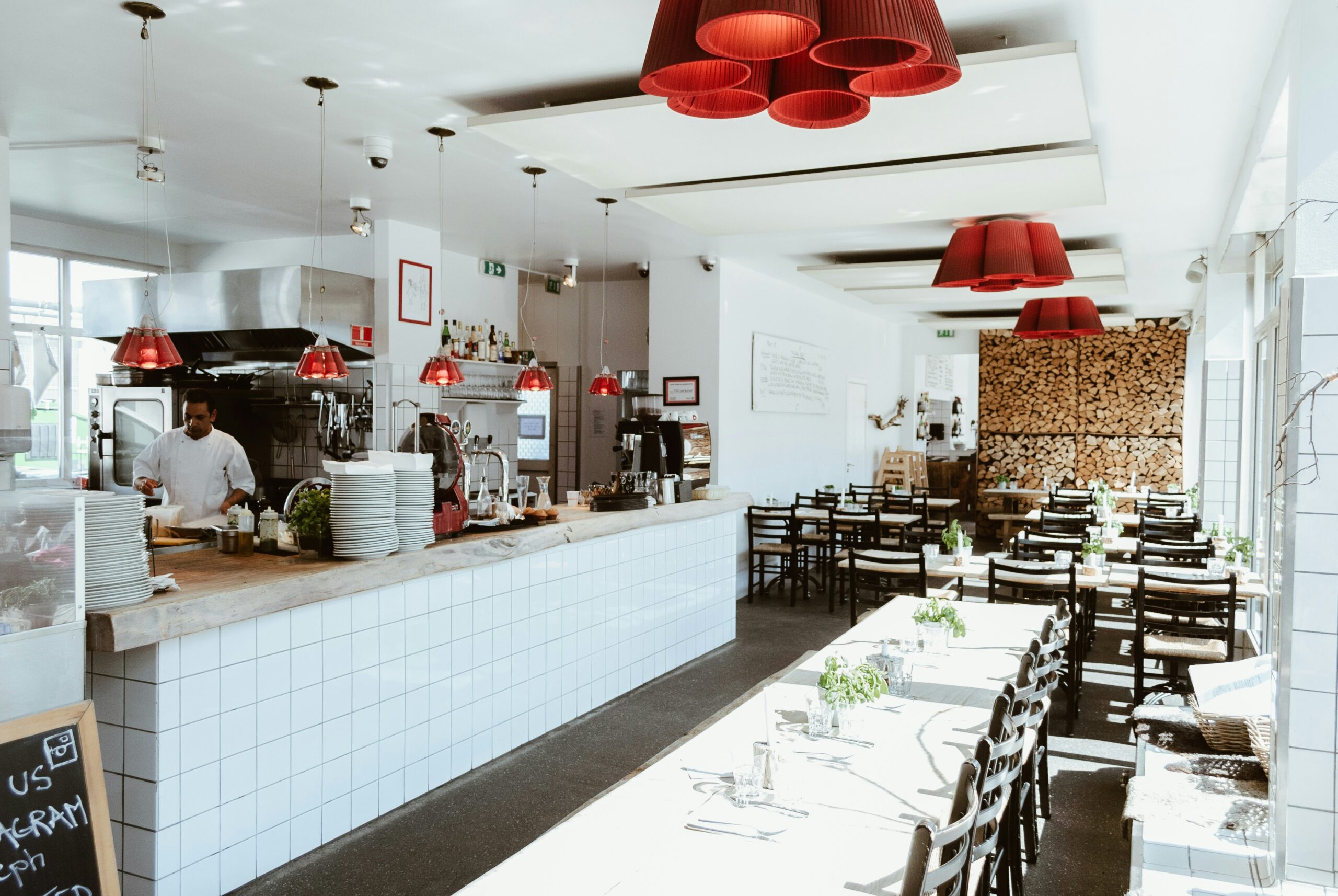What’s your job title and what do you do during a typical day at work?
My job title is second secretary and my days vary greatly! My role is to assist the ambassador in promoting Australian governmental policy in Denmark, Norway and Iceland. We also report about political developments in our countries of accreditation.
A key focus of the embassy is on economic diplomacy, which is both about assisting Australian businesses abroad and encouraging Danish and Norwegian companies to enter and invest in the Australian market. We work to identify areas where we think there is potential for collaboration between sectors in Denmark and Australia. Examples of where we have promoted collaboration are in sectors such as agribusiness, creative industries including architecture and design, health technology and services, and education. Last year, in partnership with the Australian Trade Commission and Dansk Industri, we held an agribusiness seminar to foster collaboration between Danish and Australian companies in the agricultural sector.
We also work with education providers in Norway and Denmark to encourage students from the region to consider Australia as a study destination. While Australia is far away geographically from Denmark, we have a lot to offer. Australia is the third most popular destination for international students and we have eight out of the top 100 universities in the world.
What’s the best thing about your workplace?
The best thing about working at the embassy is that I get to meet so many different people through my work. I have the great privilege of meeting members of the Australian community who are working and studying in interesting fields in Denmark. I am very fortunate to be able to travel with work. A highlight last year was that I accompanied the ambassador on a trip to Greenland, which was an amazing experience.
What do you like most about living in Denmark?
I have had the opportunity to travel to various parts of Denmark, both with work and privately. One of my most rewarding experiences was travelling to Tarm in Jutland to take part in a memorial service for Australian and British Air Force officers killed when their plane was shot down during the Second World War.
Two other Australian officers survived and were helped by the Danish resistance to escape to Sweden. The families of the Australian officers travelled to Jutland in March to take part in the ceremony. Over the years, they have developed strong relationships with the community. I find these stories fascinating in the way they highlight Denmark and Australia’s historical connections and shared values.
Is there anything you miss about living and working in Australia?
Australia is known for being a unique country in terms of our landscape and wildlife. I lived in Canberra before coming to Denmark, and you could walk around bush land in the city and see kangaroos. Australia is also very diverse in terms of our multicultural population: 47 per cent of the population is either born outside of Australia or has a parent born outside of Australia, and over 260 languages are spoken. This diversity brings a great wealth to our country in terms of different cultures and traditions, and this is something that I miss when I am abroad.
What are some of the main differences and similarities between Australia and Denmark?
I think Australians and Danes are very like-minded in a lot of ways. Both our societies are open and relaxed – this is also reflected in our working cultures. More broadly, we share the same commitment to democratic values, international peace and security, gender equality and human rights, and these are areas that Denmark and Australia have co-operated on for many years in the international sphere.
What do you see as being the most important things expat employees can offer to Danish companies?
I think that expat employees can offer a different perspective, or new ways of looking at issues, which is very valuable. In studying and working abroad, I gained new insights and experiences, and I think that is of great value to employers. By moving to another country, you leave your support network and need to build this from scratch, often while trying to learn a new language and settle into a new environment. I think that while this can be a challenge, it can also create independence and self-reliance, which is important in terms of being driven to achieve in the workplace.
















